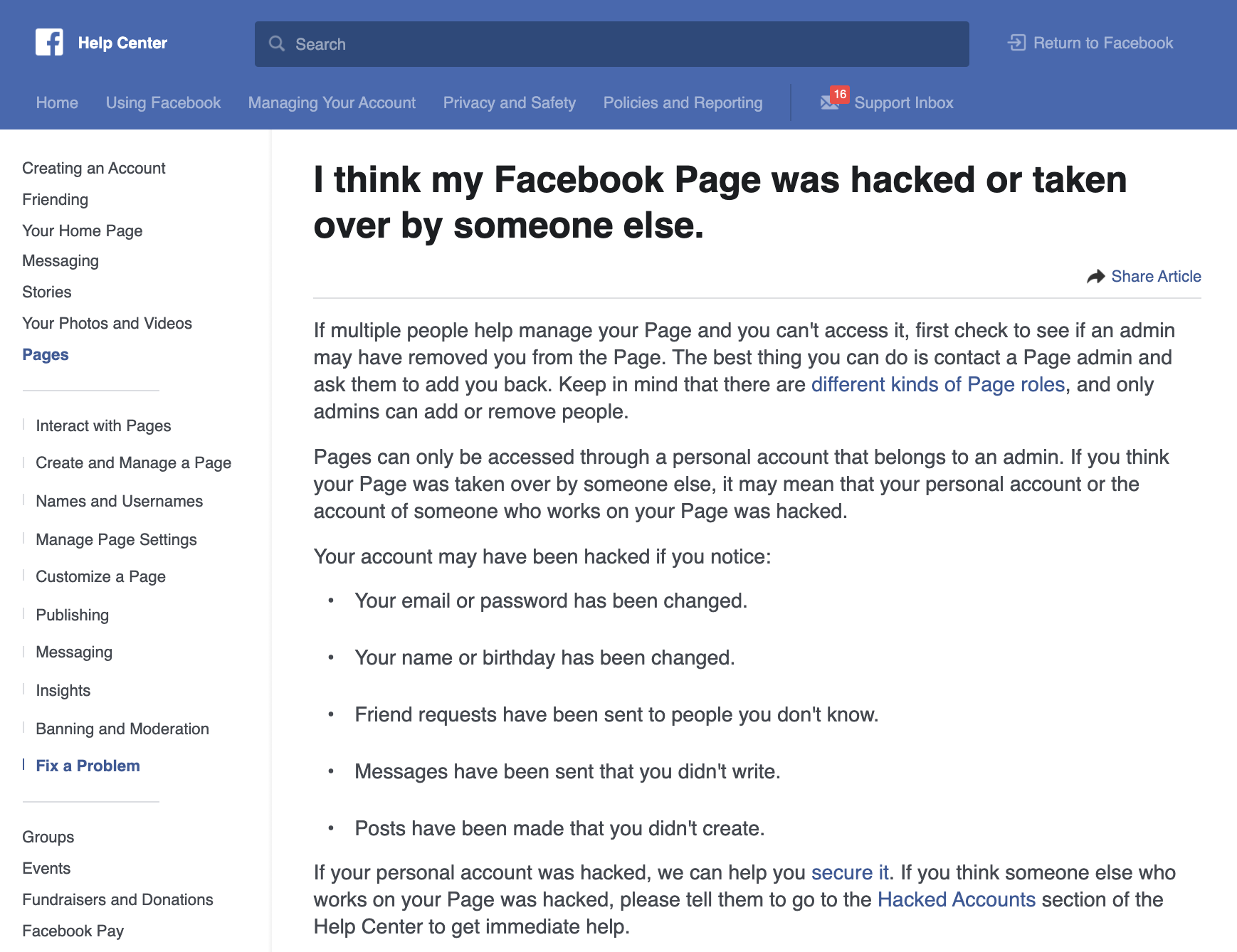Bored Panda Is Not A Scam
Most of the Bored Panda readers are here for the adorable kittens, funny facts, and the worst dad jokes ever; our job is to make sure that finding the post you’re looking for is your only concern. So, once we’ve heard about our visitors or even people that have never heard of us until now receiving scam messages and emails, we had to take the matters into our own, ahem, paws. It is alarming, not only to you but also to us, hearing questions about our legitimacy and intent toward our readers, as Bored Panda always was, and will be a site where you can unwind and have a moment to relax at the end of a busy day.
Enter the scammers. As you know quite well, scammers come in various shapes and forms – a Nigerian Prince, a rich dead uncle, and the less fun ones, like we got, pretending to work at Bored Panda. These fraudsters might contact you via Facebook, LinkedIn, email, or drop you a Viber message even if you have no business with Bored Panda whatsoever but, let’s say, own a Facebook page with a substantial amount of followers. Not as exciting as the extraction of your riches via a palm reading session by an old ragged Gypsy lady, but these are the times we’re living in. Back to the issue – at first, these scammers’ messages might sound exciting, something in the lines of “We want to buy paid sponsored advertising on your page.” Don’t fall for that!
So, how to know whether it’s a scam or it’s us contacting you to offer a partnership? No doubt about it – it is most definitely a scam! Bored Panda never does and never offers sponsored ads or partnerships on Facebook. If need be, Bored Panda will always contact you via official channels – an email with the @boredpanda domain or a Facebook message sent from our verified Bored Panda page. Always make sure to check the identity of whoever is writing to you! A scammer will try to use a similar sounding name to ours (think The Bored Panda, A Bored Panda) or contact you with an email address resembling ours (like advertising.boredpanda@gmail.com or simply boredpanda33@gmail.com). Frauds will also try to transfer your chat to such platforms as Viber, where it is hard to prove the legitimacy of the conversation.
Another thing typical of scamming is asking to be added as your page’s administrator, and it should never be done without a written agreement or a contract. If you do add a scammer as your page administrator, chances are you’ll be banished from it, and getting it back might take a lot of hard work proving your ownership and the fraud that happened to you. In some cases – you’ll lose your page without any means to regaining it ever. While we’re not saying that we’re not Illuminati, we here at Bored Panda are most unquestionably not scammers. We care about our reader’s e-safety, so please use these pointers in identifying Internet scammers:
- A fraud will try to gain trust by impersonating a well-known business or impersonating a known contact
- will suggest their verification procedures, like going to websites they have created or calling numbers they provide to you
- know how to appeal to your emotions and press your buttons to get what they want
- develop a sense of urgency to get you to make decisions without thinking.
Stay safe, Pandas!
Most of the Bored Panda readers are here for the adorable kittens, funny facts, and the worst dad jokes ever; our job is to make sure that finding the post you’re looking for is your only concern. So, once we’ve heard about our visitors or even people that have never heard of us until now receiving scam messages and emails, we had to take the matters into our own, ahem, paws. It is alarming, not only to you but also to us, hearing questions about our legitimacy and intent toward our readers, as Bored Panda always was, and will be a site where you can unwind and have a moment to relax at the end of a busy day.
Enter the scammers. As you know quite well, scammers come in various shapes and forms – a Nigerian Prince, a rich dead uncle, and the less fun ones, like we got, pretending to work at Bored Panda. These fraudsters might contact you via Facebook, LinkedIn, email, or drop you a Viber message even if you have no business with Bored Panda whatsoever but, let’s say, own a Facebook page with a substantial amount of followers. Not as exciting as the extraction of your riches via a palm reading session by an old ragged Gypsy lady, but these are the times we’re living in. Back to the issue – at first, these scammers’ messages might sound exciting, something in the lines of “We want to buy paid sponsored advertising on your page.” Don’t fall for that!
So, how to know whether it’s a scam or it’s us contacting you to offer a partnership? No doubt about it – it is most definitely a scam! Bored Panda never does and never offers sponsored ads or partnerships on Facebook. If need be, Bored Panda will always contact you via official channels – an email with the @boredpanda domain or a Facebook message sent from our verified Bored Panda page. Always make sure to check the identity of whoever is writing to you! A scammer will try to use a similar sounding name to ours (think The Bored Panda, A Bored Panda) or contact you with an email address resembling ours (like advertising.boredpanda@gmail.com or simply boredpanda33@gmail.com). Frauds will also try to transfer your chat to such platforms as Viber, where it is hard to prove the legitimacy of the conversation.
Another thing typical of scamming is asking to be added as your page’s administrator, and it should never be done without a written agreement or a contract. If you do add a scammer as your page administrator, chances are you’ll be banished from it, and getting it back might take a lot of hard work proving your ownership and the fraud that happened to you. In some cases – you’ll lose your page without any means to regaining it ever. While we’re not saying that we’re not Illuminati, we here at Bored Panda are most unquestionably not scammers. We care about our reader’s e-safety, so please use these pointers in identifying Internet scammers:
- A fraud will try to gain trust by impersonating a well-known business or impersonating a known contact
- will suggest their verification procedures, like going to websites they have created or calling numbers they provide to you
- know how to appeal to your emotions and press your buttons to get what they want
- develop a sense of urgency to get you to make decisions without thinking.
Stay safe, Pandas!
I love some of the post here please keep panda funny and non political.
I love some of the post here please keep panda funny and non political.




7
1